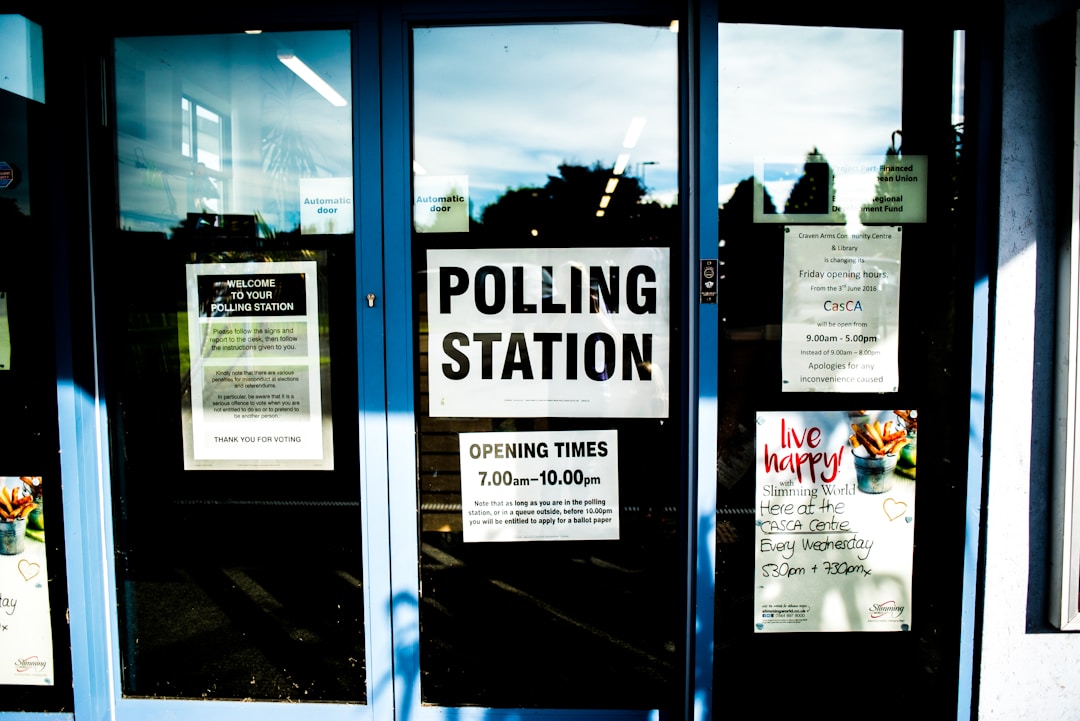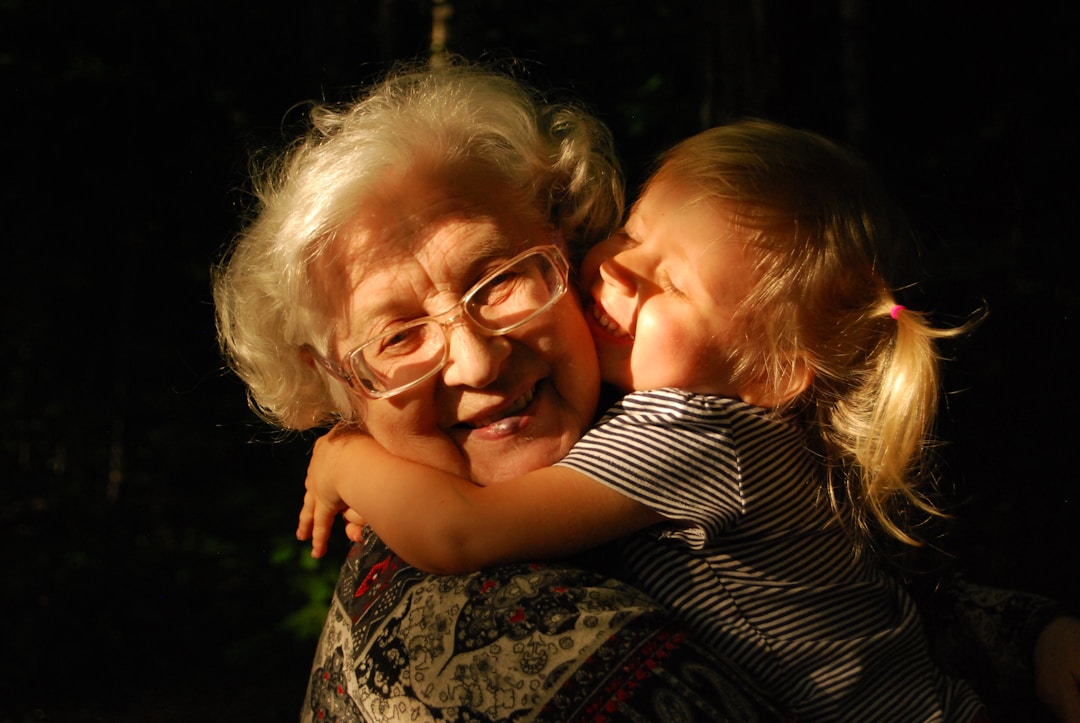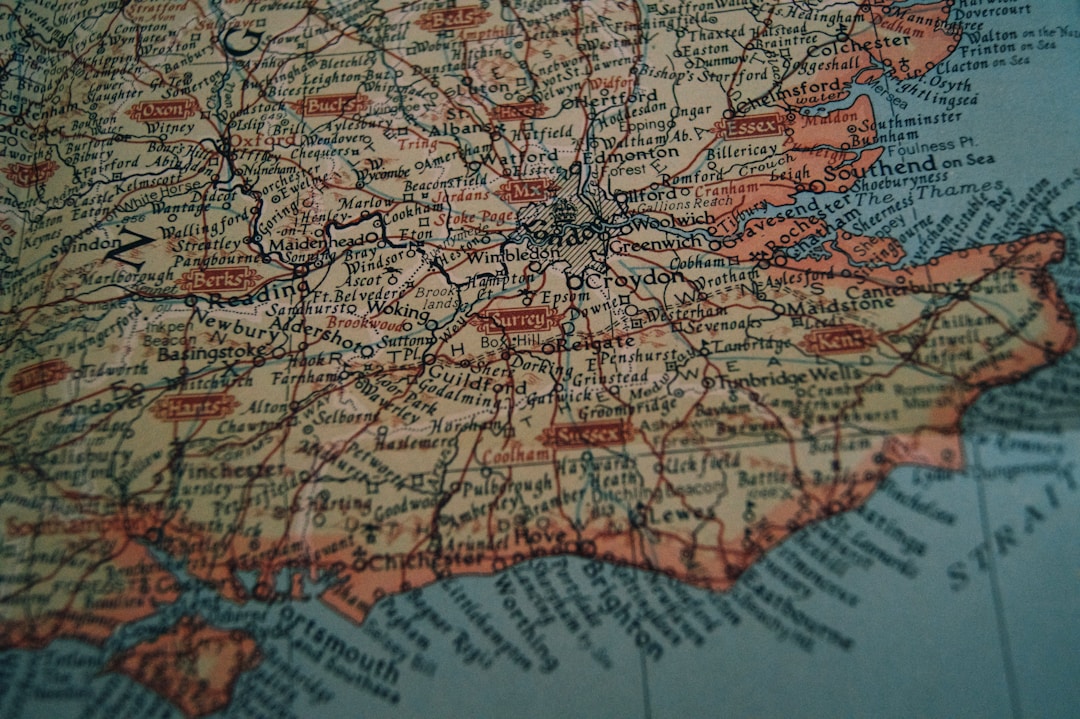Some facts
Some arguments
Minority ethnic families are more likely to be in poverty
Just as with poverty overall, rates of deep poverty are higher for households headed by someone of black, Asian and minority ethnicity. Key drivers of higher poverty rates among minority ethnic households are differences in family composition, employment rates and the likelihood of working in low-paying sectors. There has been progress over recent years in reducing the proportion of certain ethnic groups in deep poverty, but there is a risk that the rapid increase in the cost of living will reverse this trend, and over half of the increase in deep poverty over the last two decades is made up of people from ethnic minorities. (See also this related JRF post on destitution and disability, and this recent Runnymede Trust report on poverty, inequality and ethnicity in the UK.)
Ethnic minorities face disadvantage in the labour market
Although second-generation ethnic minority groups in the UK are generally doing well at school and university (despite the fact that they are more likely than white children to have been disadvantaged as children), they still have lower employment rates than their white majority peers. This gap persists even when disadvantaged family origins are taken into account, suggesting that some disadvantages in the labour market are reduced but not completely eliminated by educational success.
Many people are paid less than others because of who they are
Ethnic minority workers earn on average 2% less than similarly qualified white employees, although after controlling for differences like age and education, the gap is about 10%. The gap can’t simply be explained by ethnic minority workers being employed by firms that pay lower wages, because this pay gap also exists within organisations. The only apparent explanation for this gap is that ethnic minority workers are being treated and paid unfairly. [Another report found that the ethnicity pay gap has not changed much in 25 years, and that for black, Pakistani and Bangladeshi men and women, pay gaps with white men and women have widened. The government has recently backtracked on an earlier promise to require large companies to report on their ethnicity pay gap. There are also significant pay gaps for women and disabled people (statistics). Pay gaps are usually reported on in terms of hourly pay, which is a simpler way of assessing fairness in terms of reward for effort, but in structural terms it is more illuminating to compare weekly pay, which takes into account differences in individuals’ or groups’ ability to work and the availability of work; gaps in terms of weekly pay are generally much higher than gaps in terms of hourly pay.]

Women of colour are locked out of reaching their potential
Institutional racism is common in all sectors and organisations. A majority of women of colour have been forced to change some aspect of their appearance or language to conform, and have experienced discrimination during the recruitment process. Large minorities have experienced lack of progression or promotion compared to colleagues, and have had their wellbeing impacted as a result. These issues affect women of colour at every stage in their careers.

There is a clear racial wealth gap in Britain
ONS data shows that, overall, ethnic minorities have much lower levels of savings and assets than White Britons, with median household wealth of £34,000 for Black African households compared to £314,000 for White British households. Comparative analysis of ethnic inequalities that controls for other factors (like age and housing tenure) risks disguising the drivers of wealth inequality between ethnic groups, such as home ownership (which is very low among Black Caribbean households, for example). Separate research by the Runnymede Trust in 2020 found that Black African and Bangladeshi households have 10p for every £1 of wealth held by White British households.
The tax system fails to address the racial wealth gap in the UK
The vast majority of wealth in the UK is very lightly taxed. Because Black households have the lowest levels of wealth (and families of Bangladeshi and Black African heritage have ten times less wealth than white British families), the failure of the tax system to tax wealth appropriately makes it complicit in the maintenance of the racial wealth gap (alongside other aspects of the financial system such as insurance, banking, loans, mortgages, savings and so on).
Progress in terms of racial cohesion has been mixed
Three in four people think that Britain’s rich mix of backgrounds is part of British culture, up from less than one in two in 2011, and 84% would be happy with an ethnic minority Prime Minister. But on race, progress is more mixed; fewer than half think that relationships between ethnic groups have improved in recent years, and one in four ethnic minority Britons think that racism might get worse over the next decade.
Health inequalities left certain groups more vulnerable to COVID
The pandemic has shown the huge differences in the health of people of working age based on their wealth; under-65s in the poorest 10% of areas in England were almost four times likely to die from COVID than those in the richest. Disabled people, ethnic minority communities, care home residents, prisoners, homeless people and people suffering from sexual exploitation have faced particular challenges. Non-health issues such as poverty, poor housing, poor quality work and struggling public services all worsened the impact of the pandemic, whether by increasing some people’s exposure to the virus or by making them (and our society and economy as a whole) more vulnerable to its effects.

People of colour and people in poorer areas are more exposed to pollution
There are large differences in levels of air pollution across England, with deprived and ethnic minority areas the worst affected. Recent research shows that half of the areas with very high air pollution are in the poorest 30% of neighbourhoods, while nearly half of the population in neighbourhoods with very high air pollution are people of colour, meaning that people of colour are more than times more likely to live in a very highly polluted area than white people. The research also highlights the disparity between those who cause pollution and those who are most affected by it; households in areas with very high air pollution are up to three times less likely to own a car than households in the least polluted areas. A lot of air pollution is created by people driving through areas, rather than by residents of that area. Air pollution increases the risk of respiratory and cardiovascular diseases, especially for children and the elderly.
Access to nature is deeply unequal
84% of adults say that being able to access green space in their local area is important to them. However, only 57% of respondents to this survey lived close to green spaces such as parks, fields or towpaths. The numbers were lower still for people from ethnic minorities (39%) and people on low incomes (46% for people with a household income of under £15,000, compared to 63% of those with a household income over £35,000 and 70% of those with a household income over £70,000).
Many people are treated unfairly by the criminal justice system
There are many examples of lack of fair process in the justice system. These include the disproportionate targeting of young black men by the police, cuts to legal aid that leave those without means unable to defend themselves adequately, rules about joint enterprise that disadvantage young black and minority ethnic people, the unjustly harsh treatment of prisoners on remand, the ongoing scandal of prisoners with indeterminate sentences, the use of close supervision centres "that may amount to torture", an inadequate appeals process, and the over-use of custody that affects everyone but has a particularly disproportionate impact on women and vulnerable people with mental health issues, drug dependencies or learning disabilities. The Lammy Review looked specifically at the treatment of, and outcomes for, Black, Asian and Minority Ethnic (BAME) individuals in the criminal justice system, and found that BAME disproportionality in the criminal justice system costs the taxpayer at least £309 million each year.
Participation and representation is affected by socio-economic status
Politics is dominated by people with more education and social and economic capital. As a result, it is not genuinely representative of everyone in Britain, and it is particularly unrepresentative of people with fewer economic resources and lower social status, as well as in terms of gender, ethnicity, disability and so on. There is also plenty of evidence that democratic participation (such as voting rates in general elections) is lower among more disadvantaged groups and in more unequal societies, although it is hard to tease out the extent to which this is reflective of a lack of ‘equal consideration’, i.e. the denial of fair opportunities for certain groups to participate in the democratic process.





























